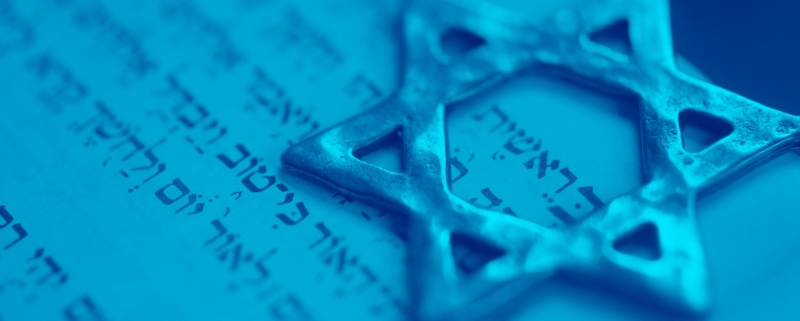
The struggle for an egalitarian section at the Western Wall (the Kotel) where progressive Jews can pray with dignity is an ongoing and complex story. Read about the major developments here.
-
1967: After 19 years of Jordanian rule and little access to the holy site, the Western Wall comes under Israeli control. This development is seen as a miracle by Jews worldwide.
-
1968: The World Union for Progressive Judaism opposes the Ministry of Religious Affairs’ prohibition on egalitarian services at the Wall. The Knesset sides against the WUPJ and reinforces the Orthodox belief that services at the Kotel must be gender segregated.
-
1988: The First International Jewish Feminist Conference holds services at the Western Wall amid verbal and physical assaults by the Haredi community, both men and women.
-
1989: The Ministries of Religion and Justice make “any religious ceremony at a holy place that is not in accordance with the custom of the holy site and which offends the sensitivities of the worshipers at the place” punishable by 6 months in jail. The International Committee for Women of the Wall (ICWOW) files a lawsuit with the Israeli Supreme Court.
-
1994: The Court establishes the Mancal Commission to address the issue of women’s prayer at the Western Wall. This body fails to meet many deadlines, and over the years is replaced by the Ministerial Commission that upholds the ban on women’s prayer and then the Ne’eman Commission that decides WOW may only hold services at Robinson’s Arch, a section at the southeastern end of the Wall outside of ultra-Orthodox control.
-
1994: The Court establishes the Mancal Commission to address the issue of women’s prayer at the Western Wall. This body fails to meet many deadlines, and over the years is replaced by the Ministerial Commission that upholds the ban on women’s prayer and then the Ne’eman Commission that decides WOW may only hold services at Robinson’s Arch, a section at the southeastern end of the Wall outside of ultra-Orthodox control.
-
2001: An amendment to the Holy Sites Law of 1967 passes that solidifies gender segregation at the Wall, bans religious ceremonies on the women’s side as well as Torah reading, shofar blowing and the wearing of tallitot or tefillin, and makes these offenses punishable by 7 years in jail.
-
2003: The Supreme Court issues a final ruling on the ICWOW case stating that women only have the right to pray in their desired fashion at Robinson’s Arch, an area widely considered the “back of the bus” in the segregated Kotel area.
-
2013: 5 women are arrested during WOW services for saying the Kaddish. Judge Moshe Sobel upholds the ruling of Judge Sharon Larry-Bavly that the arrests are baseless and declares that WOW and its members are not disturbing the public order with their prayers.
-
2016: Progressive Jewish leaders reach an historic agreement that grants space, recognition and authority to non-Orthodox Jews at the Western Wall. In a 15-5 vote the Government of Israel passes the bill in favor of an Egalitarian section of the Kotel. This does not impact the space overseen by Haredim, but nonetheless elicits opposition.
-
2017: On June 25, PM Netanyahu capitulates to Haredi political parties and freezes the Western Wall Agreement. Amid intense backlash from egalitarian Jews in Israel and in the Diaspora, the issue is moved to the Supreme Court.
Champions of women’s rights and religious freedom have fought for decades to gain recognition for progressive values in Israel at our holiest and most symbolically significant site. To ensure the future of the Jewish State as an open, accepting, pluralistic and democratic society, please join the Reform Movement’s Campaign for Religious Equality. With your help we can support advocacy and legal work in Israel, strengthen the Reform Movement in Israel by building additional congregations, and assist the reach of the Israeli Reform Movement's public awareness campaign. Visit ARZA.org to learn how to support religious equality.
Explore Jewish Life and Get Inspired
Subscribe for Emails
